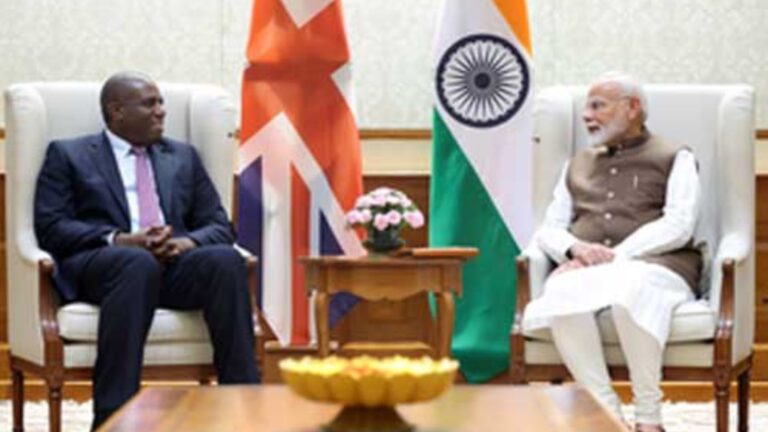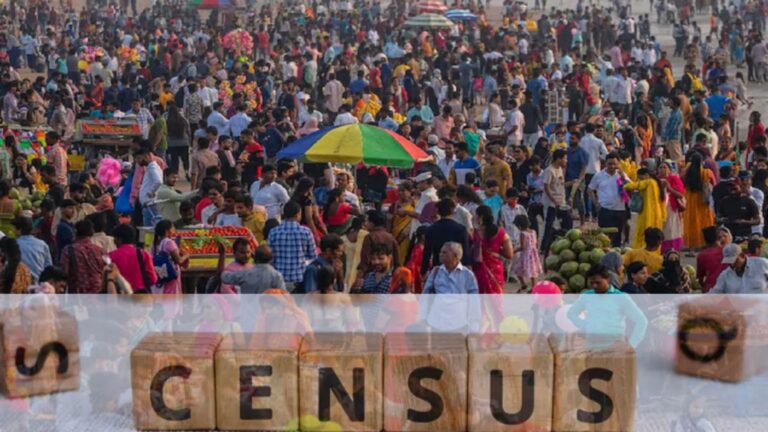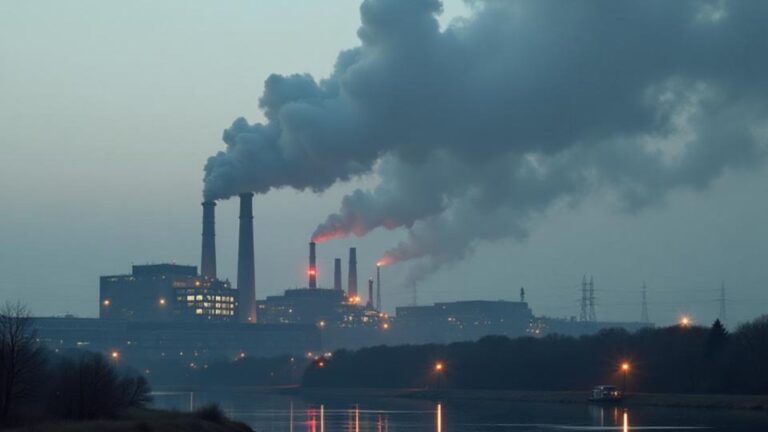
Prime Minister Narendra Modi urged Bangladesh to ensure justice for crimes against Hindus and other minorities while emphasizing border security and bilateral stability during his first meeting with Bangladesh’s Chief Adviser Muhammad Yunus. The discussions took place on the sidelines of the 6th BIMSTEC Summit in Bangkok, marking a significant diplomatic engagement amid ongoing tensions between the two neighbors.
During the 45-minute bilateral meeting, Modi expressed India’s concerns regarding the safety of minorities in Bangladesh. Foreign Secretary Vikram Misri, in a briefing following the talks, stated that the Indian Prime Minister called for a thorough investigation into reported atrocities and emphasized the need for security measures to protect affected communities.
Strengthening Border Security
Modi also stressed the importance of strict border control measures, particularly at night, to prevent illegal crossings and maintain regional stability. “On the border—strict enforcement of the law and the prevention of illegal border crossings is essential for maintaining security,” Misri noted.
Additionally, Modi cautioned against rhetoric that could strain relations between the two countries. He reaffirmed India’s commitment to a “democratic, stable, peaceful, progressive, and inclusive Bangladesh.”
Bangladesh Raises Hasina’s Extradition
In a reciprocal move, Chief Adviser Yunus raised the issue of former Prime Minister Sheikh Hasina’s extradition, a matter that has been a persistent concern for Dhaka. Since Hasina’s ouster following large-scale anti-government protests last year, she has been residing in India, which has strained diplomatic relations between the two nations.
India previously acknowledged receiving a formal request for Hasina’s extradition in December 2024 and confirmed that it is reviewing the matter under the existing extradition treaty.
Shifting Diplomatic Ties and Regional Influence
The meeting also followed Yunus’s recent visit to China, bypassing the customary first foreign trip to India. During his engagements in Beijing, he described Bangladesh as the “only guardian” of the Indian Ocean in the region and suggested that India’s Northeast is landlocked. His statements sparked political debates in India, particularly in the northeastern states.
Addressing Water-Sharing Agreements
Apart from security and political concerns, the leaders also discussed key water-sharing agreements, particularly the renewal of the Ganges Water Treaty, set to expire in December 2026, and the ongoing Teesta river dispute. These issues remain critical for maintaining cooperative relations between the two countries.
The diplomatic discussions in Bangkok come at a crucial time as both India and Bangladesh navigate regional politics and bilateral challenges. The outcome of these engagements is likely to shape future relations between the two nations.






